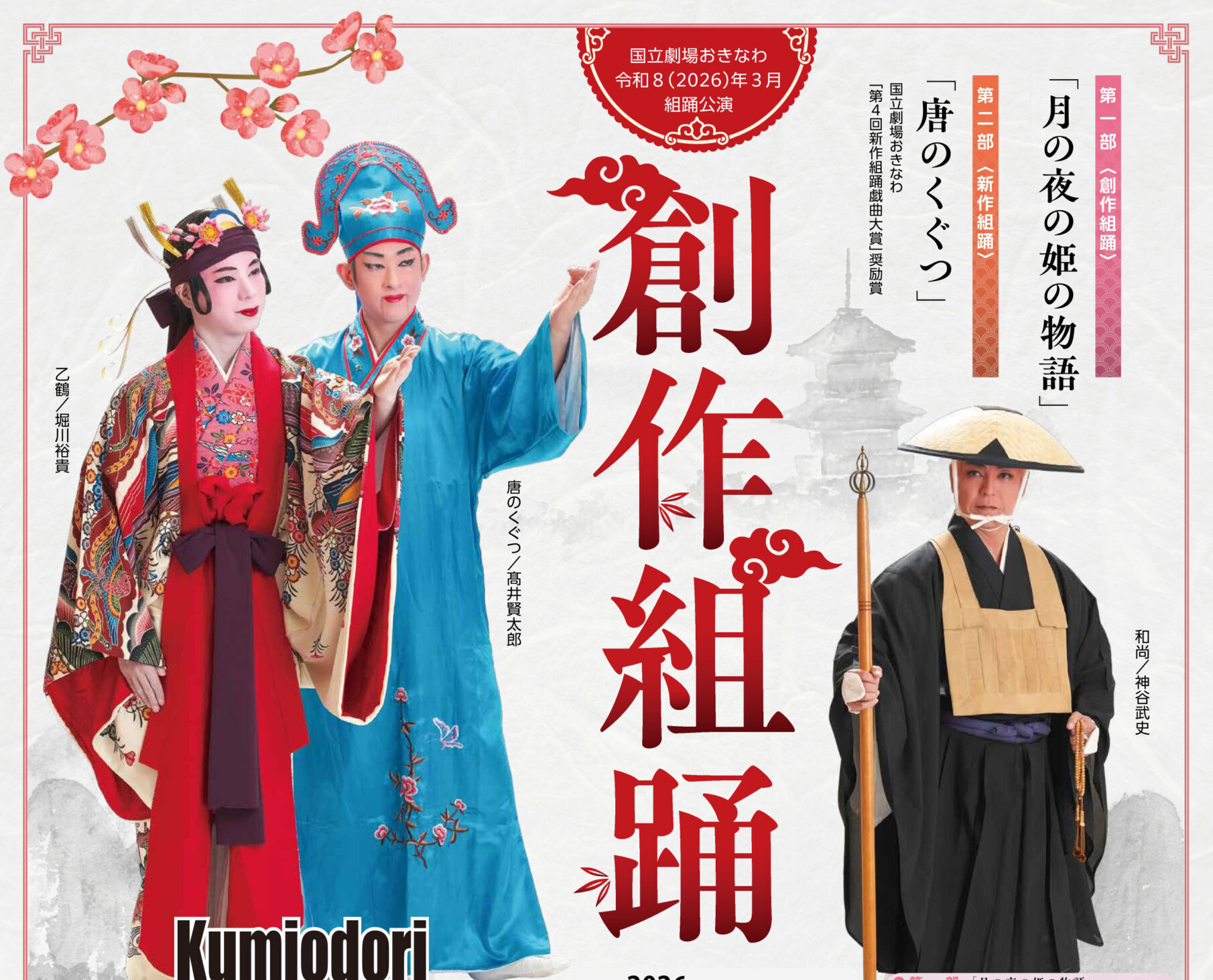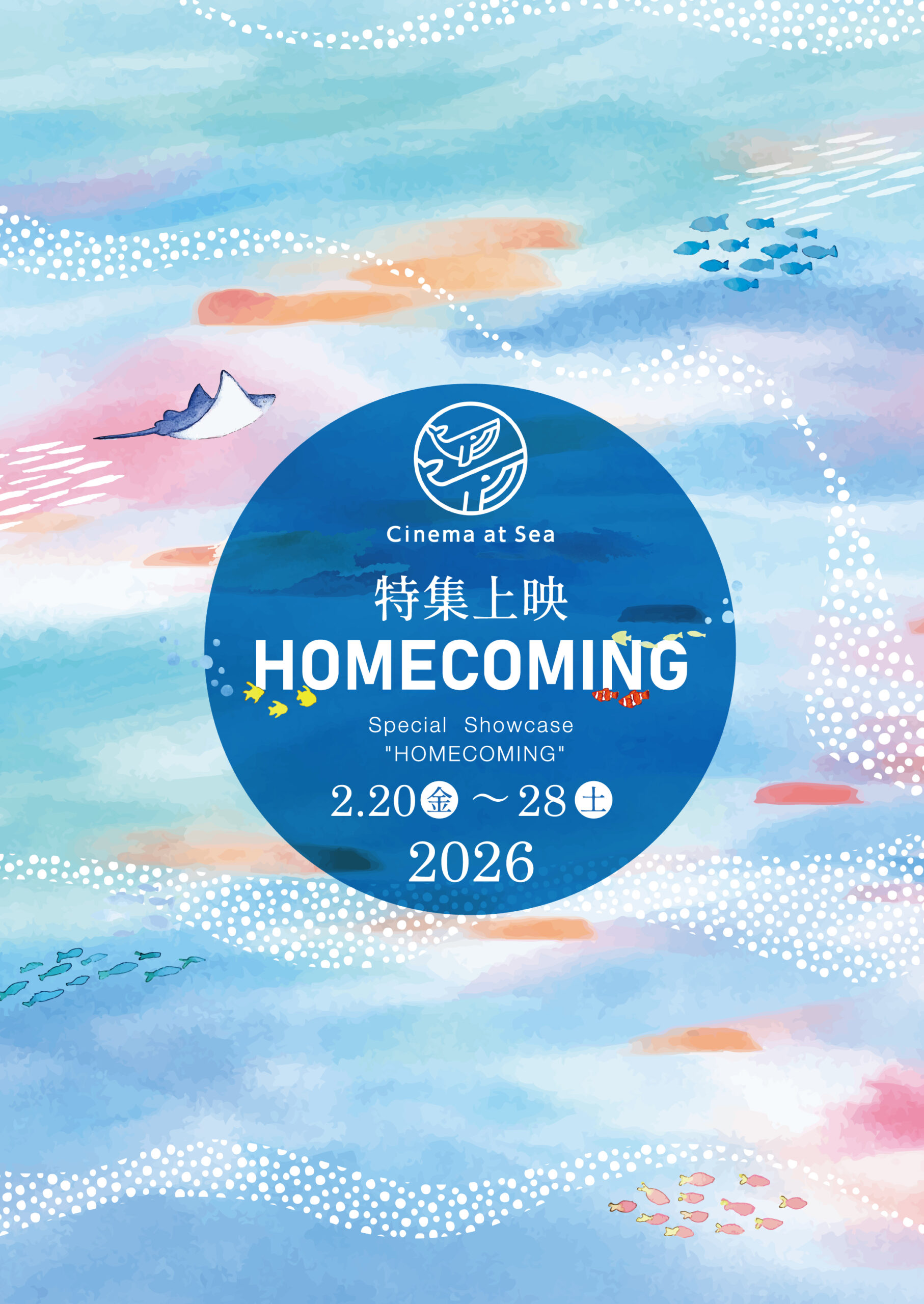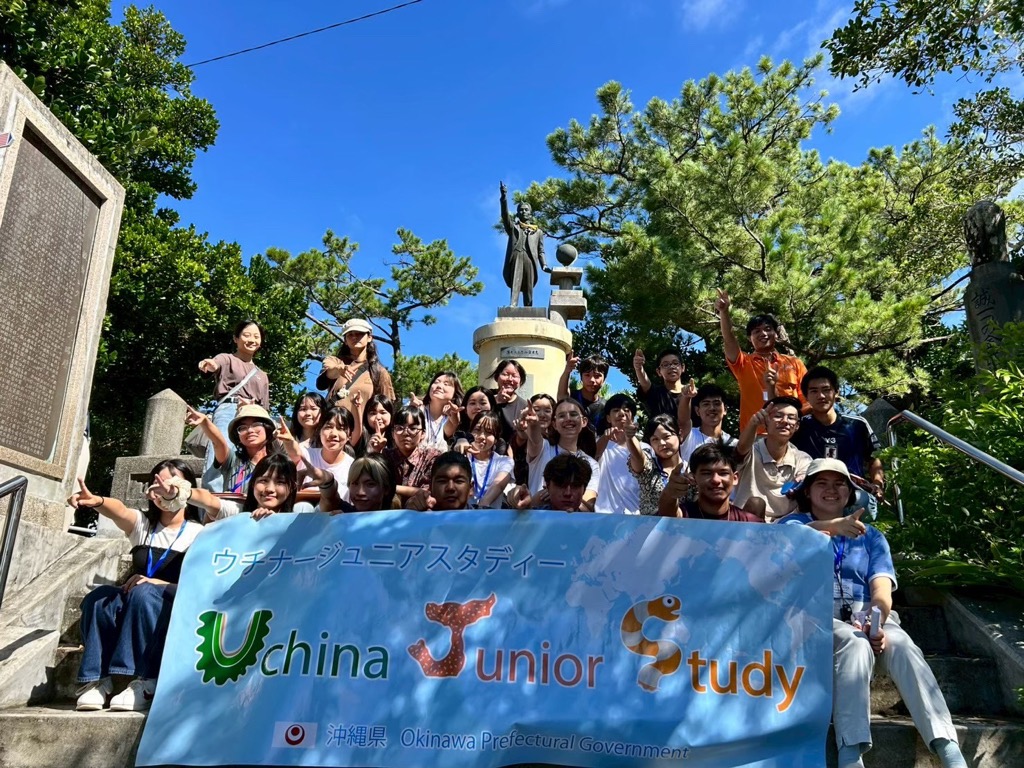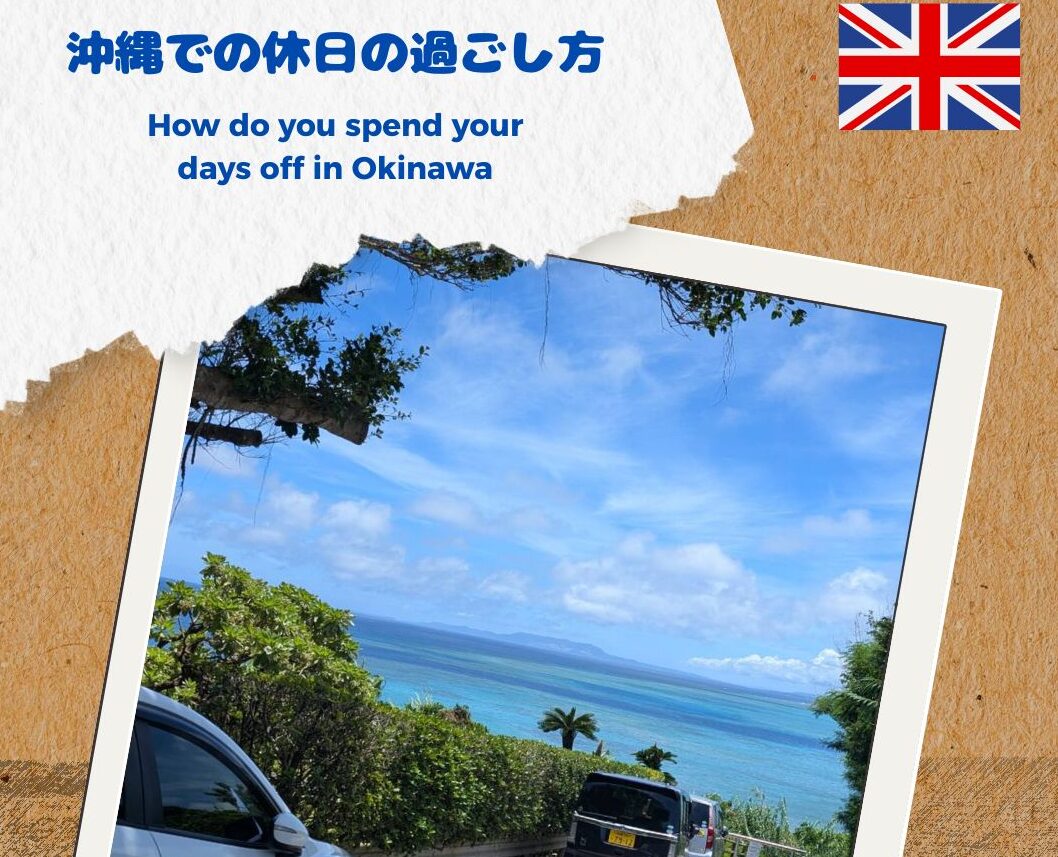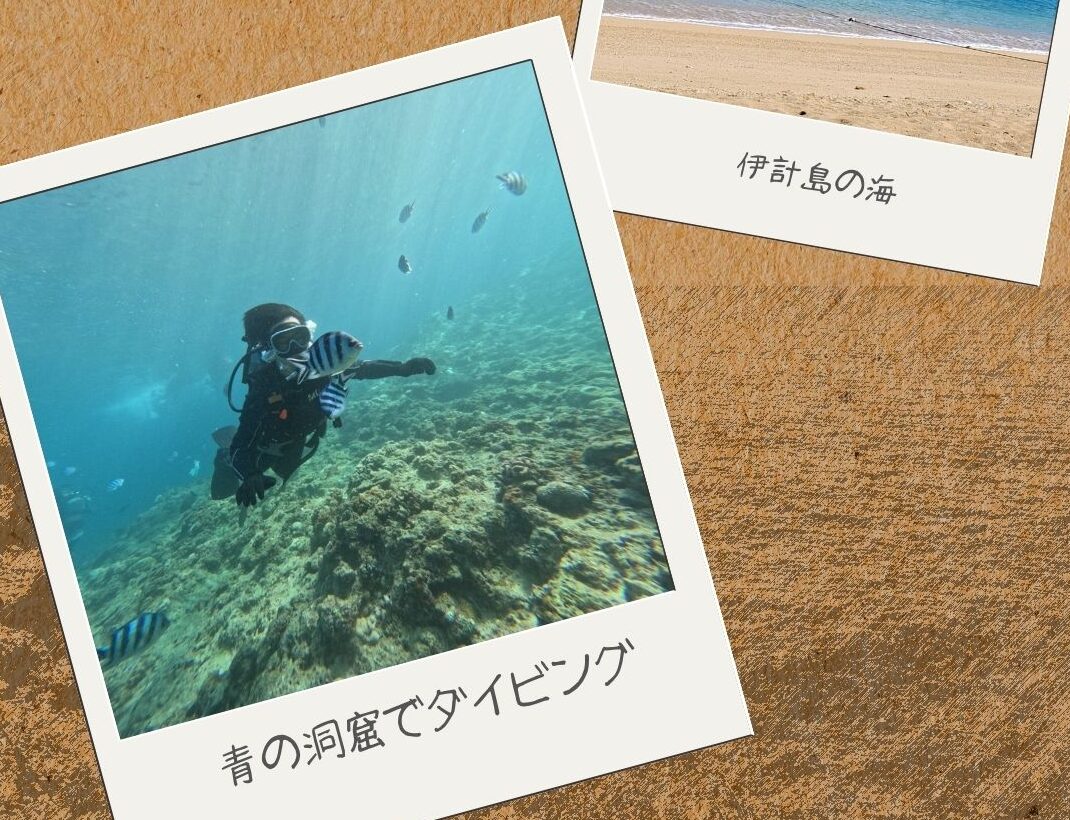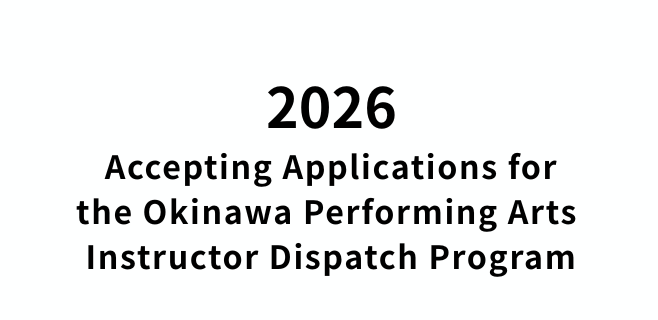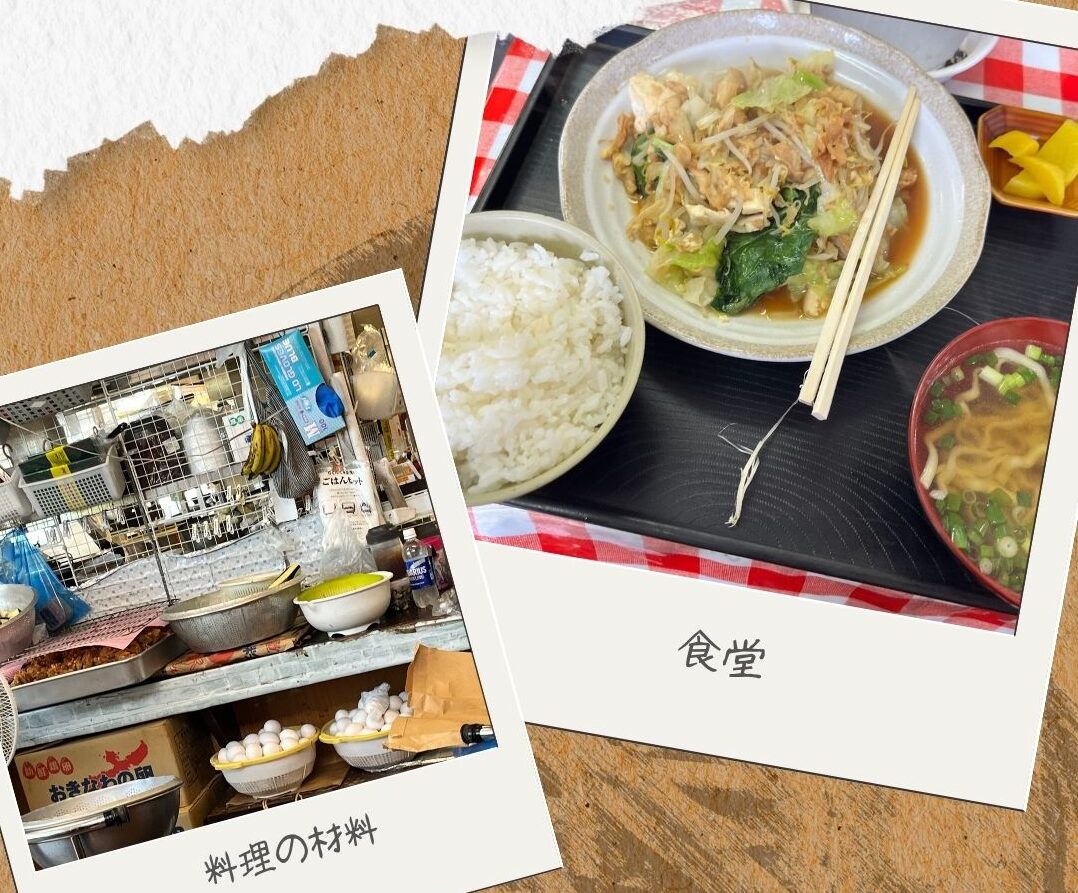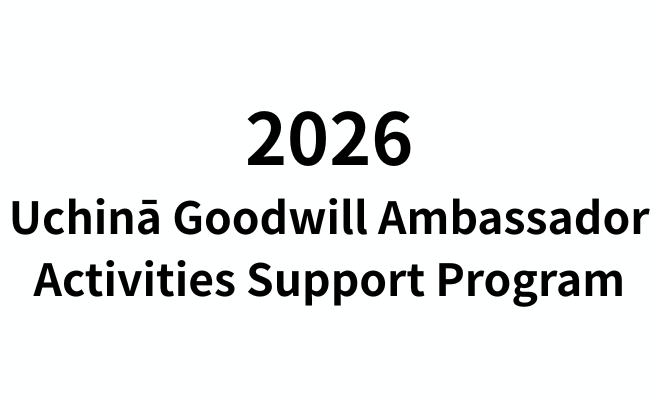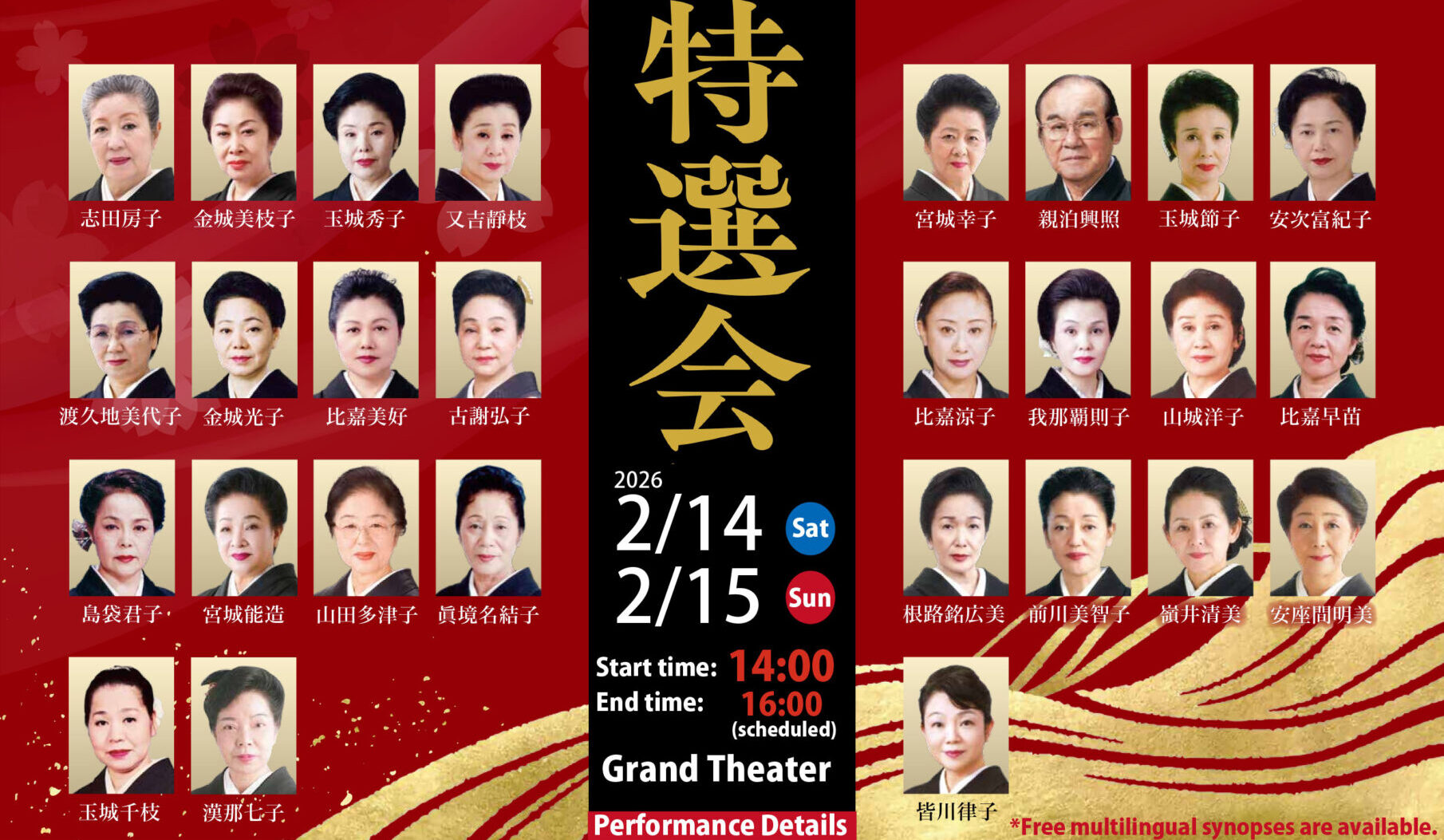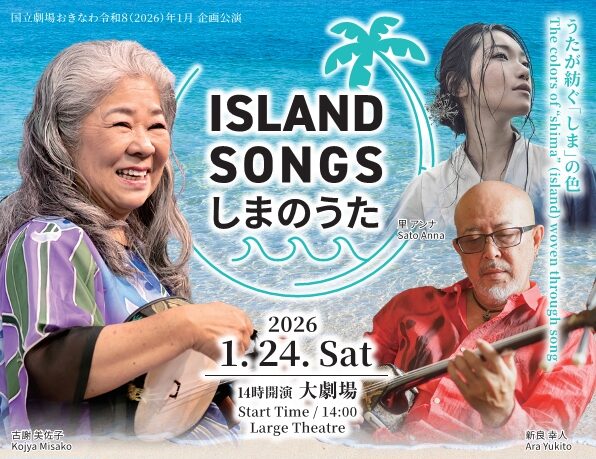2026.2.18
March14th Kumiodori Performance "Creativ…
2026.2.17
Cinema at Sea 2026
2026.2.16
UCHINAJUNIASUTADI business in fiscal yea…
2026.1.19
Our weekends as kenpi students [Emma Col…
2026.1.13
Our weekends as kenpi students [Kuwae Yo…
2026.1.08
Accepting Applications for the FY2026 “W…
2026.1.05
Our weekends as kenpi students [Nishi Na…
2026.1.05
2026 Uchinā Goodwill Ambassador Activiti…
2025.12.25
February 14 & Feb15/ Ryukyuan dance Perf…
2025.12.25
January 24/ Project Performance ISLAND S…
